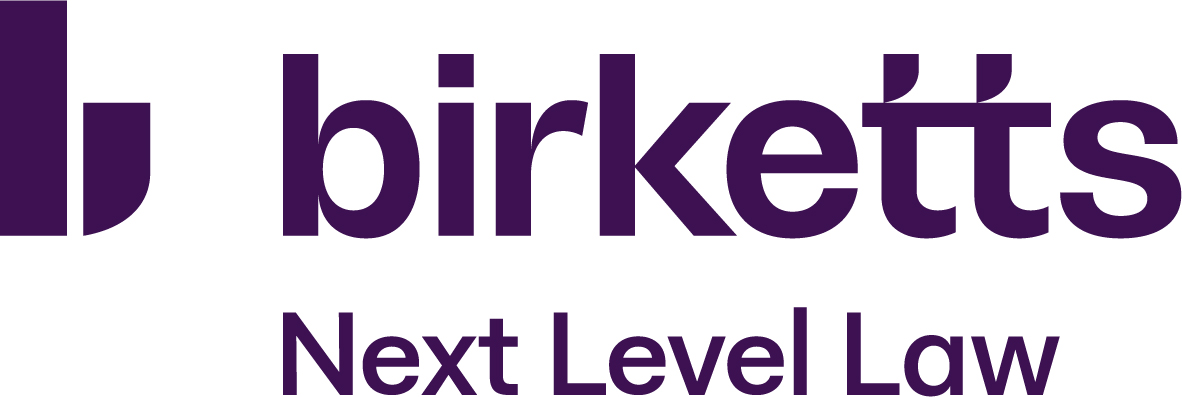If Business Relief Is Available – Why Not Use It?
Business owners and entrepreneurs plan to minimise many taxes when it comes to their businesses, but many overlook inheritance tax (IHT). IHT is often associated with death and it is not necessarily a key tax issue at the forefront of an entrepreneurs mind when it comes to business planning. However, many entrepreneurs will sell their businesses during their lifetime; taking advantage of the generous tax rate of 10% for capital gains tax purposes under Entrepreneurs' Relief and for some, the plan is to pass it down to the next generation of the family.
The danger is that the moment those shares are sold, the full value is potentially subject to IHT.
The current rate of UK IHT is 40%. Each individual has the benefit of a nil rate band (currently £325,000) - this portion of one's estate is taxed at a rate of 0%. The nil rate band is used up by gifts made in the seven years prior to death, but for entrepreneurs, Business Relief (previously called Business Property Relief) is an additional, very effective relief which mitigates IHT. Business Relief is available for transferring ownership of classes of business and business property owned for at least two years. If an asset qualifies for relief it is known as 'relevant business property' and its value is reduced by either 50% or 100% when calculating IHT.
Most shares in qualifying unquoted trading companies benefit from 100% Business Relief (for example, family companies held for at least two years), as do interests in unincorporated businesses. Business Relief takes the value of the business out of the individual's estate for IHT purposes, and provides a valuable way for businesses to be left to the next generation. Any land, buildings, machinery and plant held personally and used in the company's (or partnership's) business, will also qualify for 50% Business Relief. However, as soon as a business is sold, the benefit of this IHT exemption is lost.
If an entrepreneur gifts the cash proceeds of their business, their children will only be fully exempt if the entrepreneur survives seven years from the date of the gift. Instead, with sufficient planning, a gift of an interest in a business prior to sale can escape IHT entirely even though the business may be sold for cash in the future.
When considering the advantages of Entrepreneurs' Relief it is important to also understand how Business Relief can be used to save IHT. This might include:
- Creating a trust for children/grandchildren which cannot be achieved with non-business assets.
- Ensuring that succession arrangements do not prevent Business Relief from applying.
- Ensuring that the business is run and managed in a way that maximises the likelihood of the relief applying.
The key message is to look at your business as a whole and plan in advance. It is just not enough to prepare for Entrepreneurs' Relief. To avoid any IHT downside, either on lifetime gifting or on death; if relief is available, why not use it!
For more information or advice on this topic please contact Liz Palmer or Yousafa Hazara.
Call: 020 3755 5889
Email Yousafa Hazara
Website
Sponsorship
Find out why leading brands in the private client industry are partnering with PCD to raise their profile, make connections and drive new business.
Membership
Find out how you can participate in the leading club for international private client advisors and unlock opportunities around the globe.



















